As a writer, sometimes a news story ends up unpinning an idea that has been on the topic board for the past several years. A recent story about Knights of Guinevere is one of those times.
Knights of Guinevere
I really liked Glitch‘s new show Knights of Guinevere. I’ve watched TBSkyen‘s three hour breakdown of the pilot episode which bumped my score from a 7.5 out of 10 score for it to an 8.75 score for it. I think the world is fascinating. The backgrounds are cool. The storytelling is solid. Andi reminds me of my time in elite academia (hang in there, girl) and Frankie is simultaneously adorable, funny and hot.
Speaking of, she’s the reason why this article is being written. Frankie is very obviously queer-coded, if not outright a butch lesbian. She occupies a rare space in butch representation where (at time of writing) is not a predatory cheater or a brute. She’s allowed to embrace for femininity in a way that butches often don’t get to. She’s is very clearly gender non-conforming which can resonate with a lot of GNC folks across the gender spectrum. Like with a number of GNC characters, people headcanon’d her as trans.
For those who aren’t in fandom spaces, a headcanon is someone’s interpretation of or belief about the details of a piece of media that fall outside of the official canon. If you’ve ever seen a character who wasn’t outright queer or outright a person of color and thought they were, that’s a headcanon. It’s like when people think Piccolo and Knuckles are black. Neither one of them are black people, but given certain traits they have—like Knuckle’s spines looking like dreads—they get called black.
Knights of Guinevere Creator Comments
In essence it’s a fan theory. Like many fan theories, some get held near and dear to people’s hearts. This is particularly true for those in marginalized spaces like queer communities. For decades, headcanons were the thing that kept fandoms alive and drove the desire to queer representation on screen. And there have been some successes in having those headcanons make it to the screen, like Bubbline and Korrasami. The latter of those two was a landmark in queer representation on television.
These wins gave people the idea that if they make something popular enough in fandom, then it would become canon. However, in some cases, that doesn’t happen like in Knights of Guinevere.
When show co-creator Dana Terrace was asked if Frankie was trans by fan on Bluesky who had noticed that Frankie was also called by masculine nicknames, Terrance clarified that Frankie was cis and that she herself had masculine nicknames given to her in the past. Open and shut case.
Except it wasn’t.
Terrace had to later clarify that her quick response to the question was not due to her having any transphobic intentions with writing Frankie as a cis woman and that headcanons were completely fine. This was because the swiftness of the response was met with backlash. I emphasize the swiftness of the response because that being the issue that trans fans had with Terrace’s response, because some interpreted it as Terrace having an issue with trans characters being her work.
The Burden of Representation
The ensuing discourse got my writer brain started going and I finally unpinned a topic that I’ve been wanting to write about for at least seven years: the burden of representation.
In sociology, the technical term is the burden of representation. For the sake of this article, I’ll be discussing how marginalized creators are under significantly more pressure to make “good representation” or to make our community look “good” to those outside of it—whether those who are making these accusations are willing to admit that they want that outside approval.
The truth is they were gonna hate us anyway, so fuck it we ball. I’m in the middle of doing a bunch of censorship case law research and have written about book banning for going on three years. I’ve seen the lists: even the most sanitized versions of queerness are getting banned. My goal with my advocacy is clear, so what was the goal of this outcry?
If I had to guess, the “goal” was representation in a time where trans people are being legislated out of existence. The “goal” was having a win somewhere in a valley of losses.
However, the result was laying that trauma at the feet of a person who cannot fix it for you.
I rarely say this about cartoons because I think even the most “juvenile” mediums can be poignant and profound, but you can’t rely of them to fix your pain. They can illuminate it, they can help you commiserate over it, they can inspire you to fix it but they can’t fix it on their own.
The “backlash” had the misfortune of being so public that it sparked conversations and concerns from marginalized creators about representation in their own work. That they have become scared that if they do the wrong thing, say the wrong thing in the wrong tone, or even say the wrong thing with the wrong amount of speed, that they too will be crucified for it.
Quiet as it’s kept, it also discourages marginalized creators from writing about people who exist under different identities than them. That the characters they wanted to write will have to scrapped privately so they don’t get the scarlet letter “P” (for problematic) put on their work or their career. So that they don’t have a “file” listing all of the problematic takes and views they have be started on them and used later by deeply maladjusted people who cannot bear to be called maladjusted.
The Model Marginalized
I know what people will say next: that marginalized people have to be on their best behavior in order to get representation in media. That this conversation was about accountability and not calling out. That it plays into respectability politics to tell someone that the backlash to a clarification about a character is not justified. That the trauma that has been inflicted by a bigoted world can be laid at the feet of another person in the same community and said person is supposed to carry it. That the lashing that they dealt with and still deal with aren’t enough when a second whip gets pulled out.
Disappointment alone is not evidence of oppression happening.
Do you know how many times as a black person, I’ve been disappointed with a depiction of a character in my own community written by someone in the same space? As a woman? As a lesbian? As a disabled person? As a progressive?
Do you know how many times as a black woman I have had people dump their trauma and projections onto me and when I don’t react the way they want, I get in trouble?
Shipping
On the subject of Knights of Guinevere, I was a smidge disappointed that Frankie and Andi weren’t a thing and aren’t going to be. Then, I remembered I’ve been making shipping art (canon, crack and cross) and even pioneering ships since I was 12 (fun fact: I helped pioneer a Voltron crackship under a different name.). I could draw whatever I want with them. My point still stands though.
Throughout this entire discourse (storm in a teacup, really), I kept thinking about the questions that have been burning in my mind as I get ready to start my formal comics career.
When do our desires get to be our own? When can we separate ourselves from the white cishetero patriarchal view that we are a monolith? When are we allowed to be able to show our flaws? To write multiple stories with multiple characters with multiple identities expressed in a myriad of ways? When are we allowed to be storytellers and people, not saviors? Where does the responsibility of one’s platform begin and end?
All of these questions boil down to a simple one: Are we allowed to be human?
Storytellers Aren’t Your Saviors
Obviously, yes, but it’s not so obvious to a lot of people. To a number of people, the marginalized are saviors, not advocates. To a number of people, the goals of representing marginalized people is to assert that our humanity should be given to empty vessels and not that the humanity we already have shouldn’t be interrupted by bigotry. To a number of people, they don’t seem to understand a fundamental truth about storytellers like me.
Storytellers can inspire you, but they are not your saviors. Storytellers can make work that means something to you, maybe even everything, but they are not your saviors. Storytellers can advocate, but they cannot inherently save.
Storytellers are not your saviors.







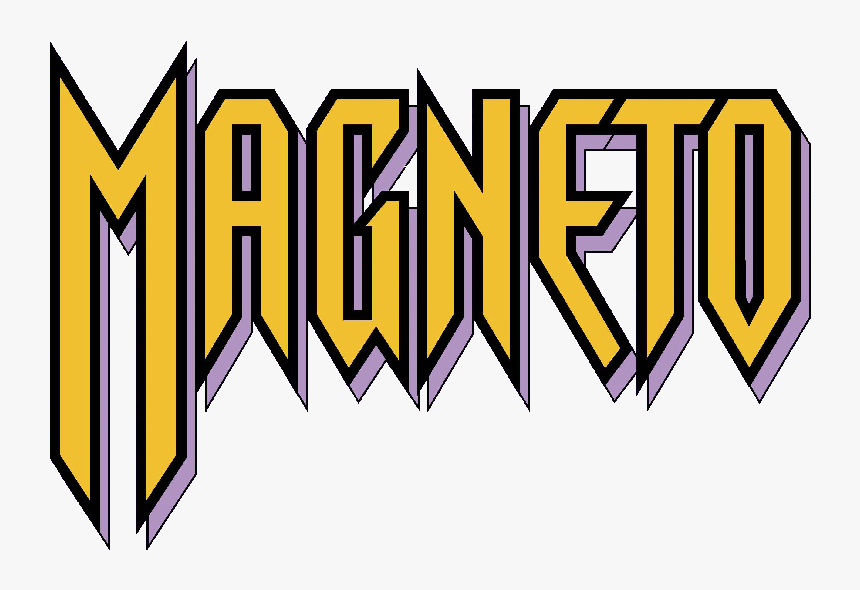
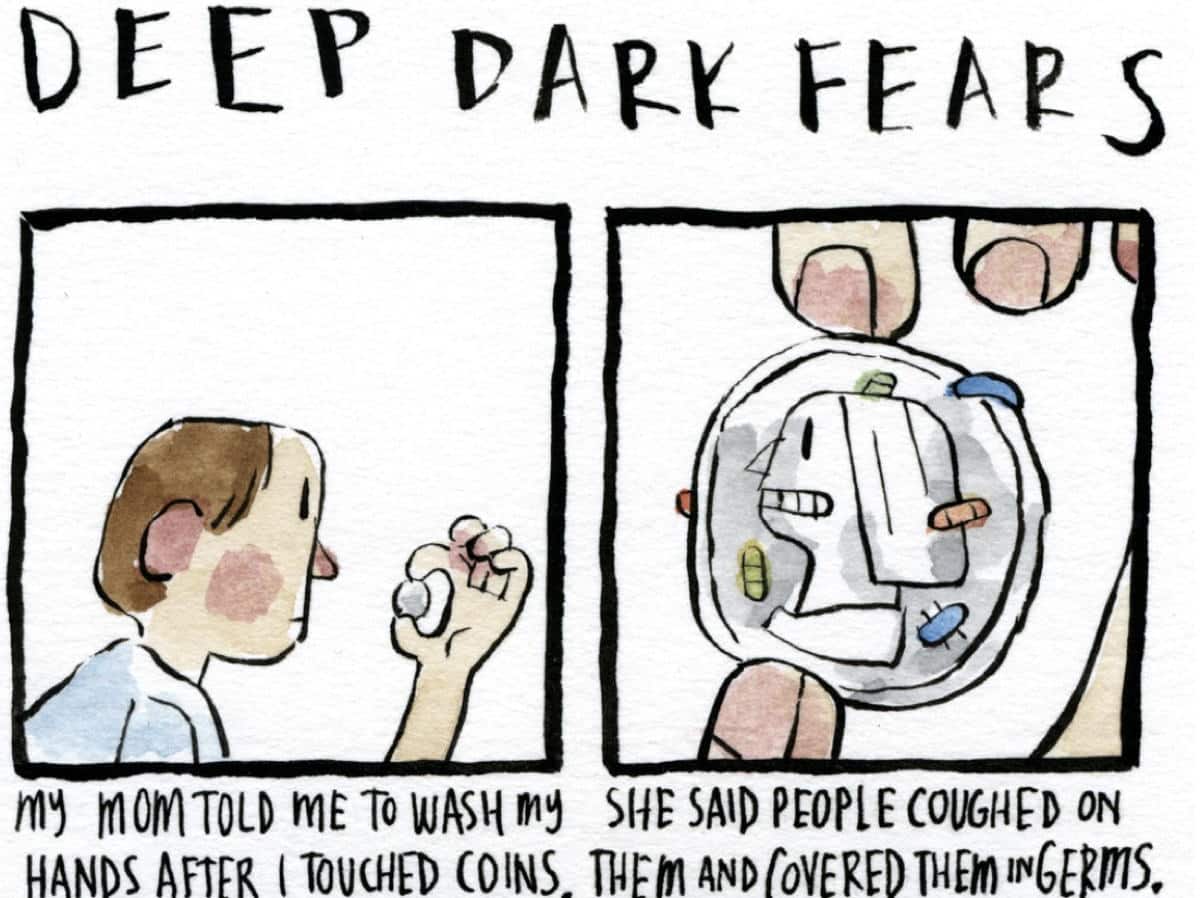
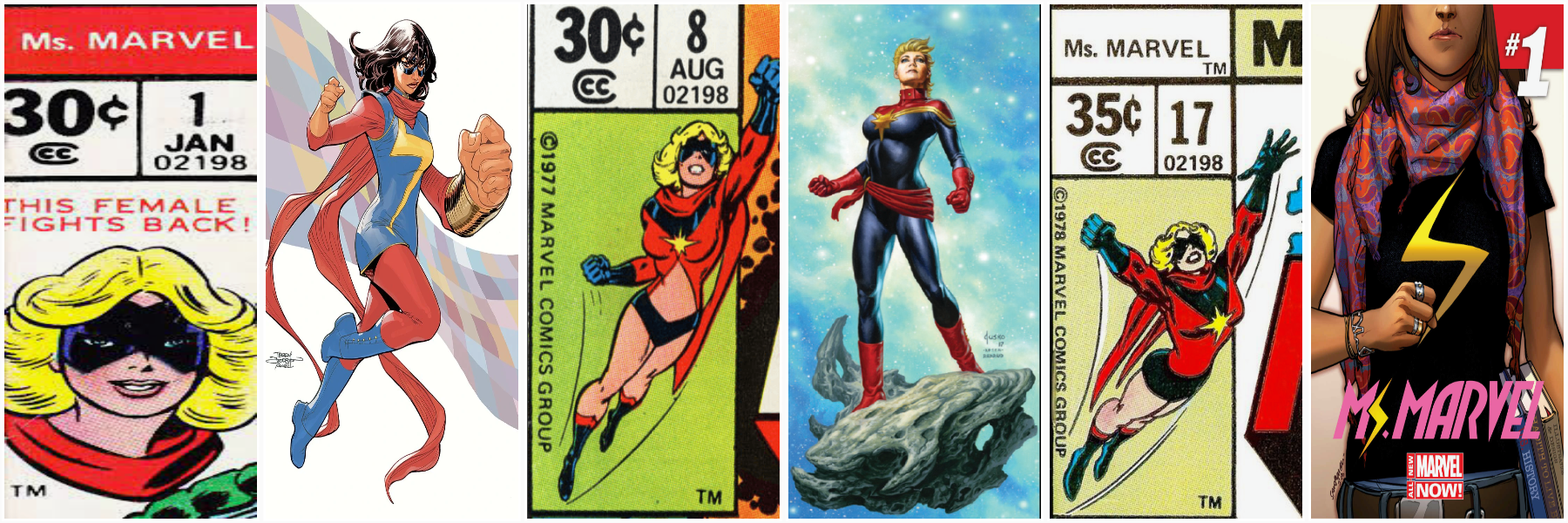
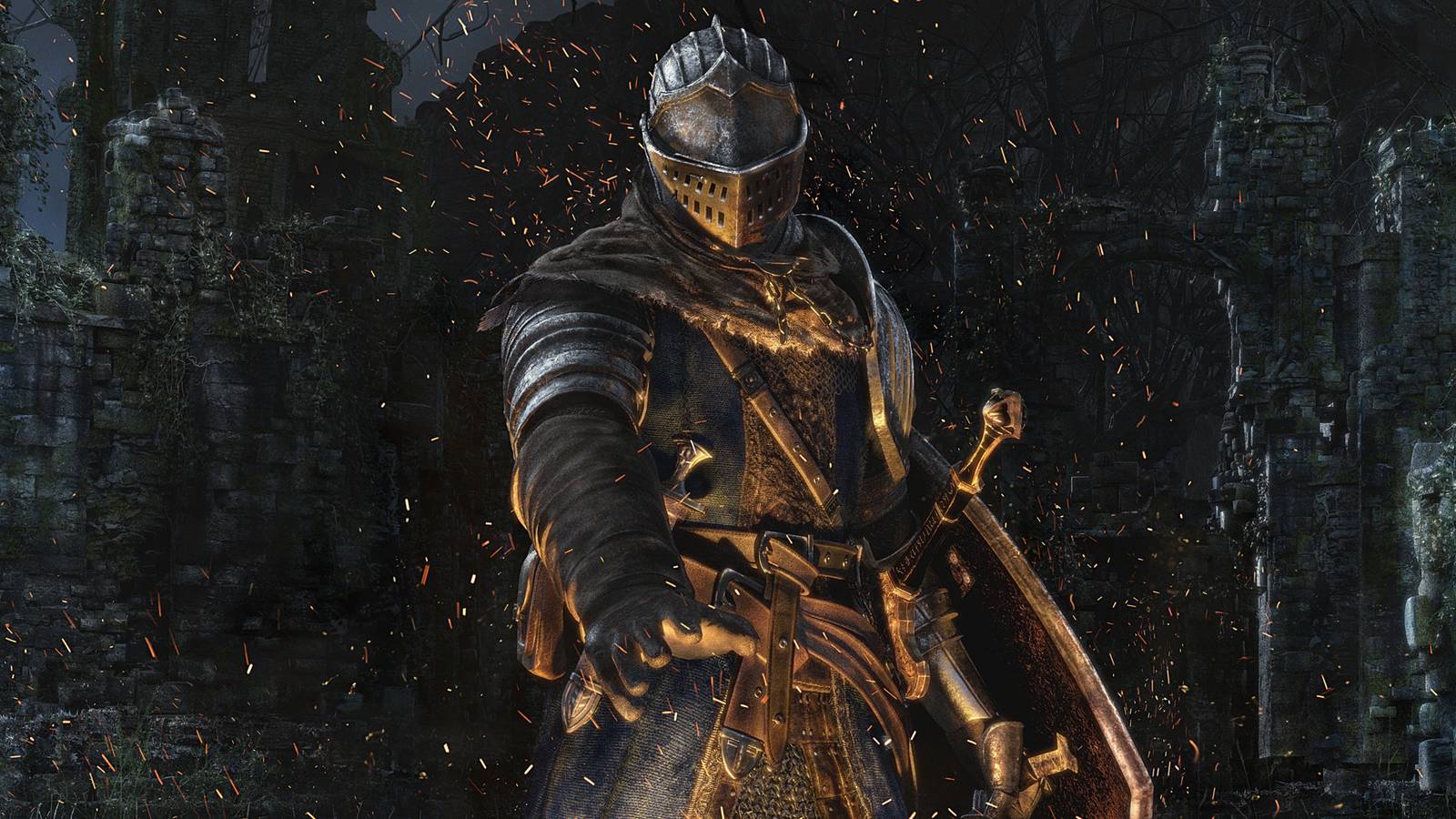



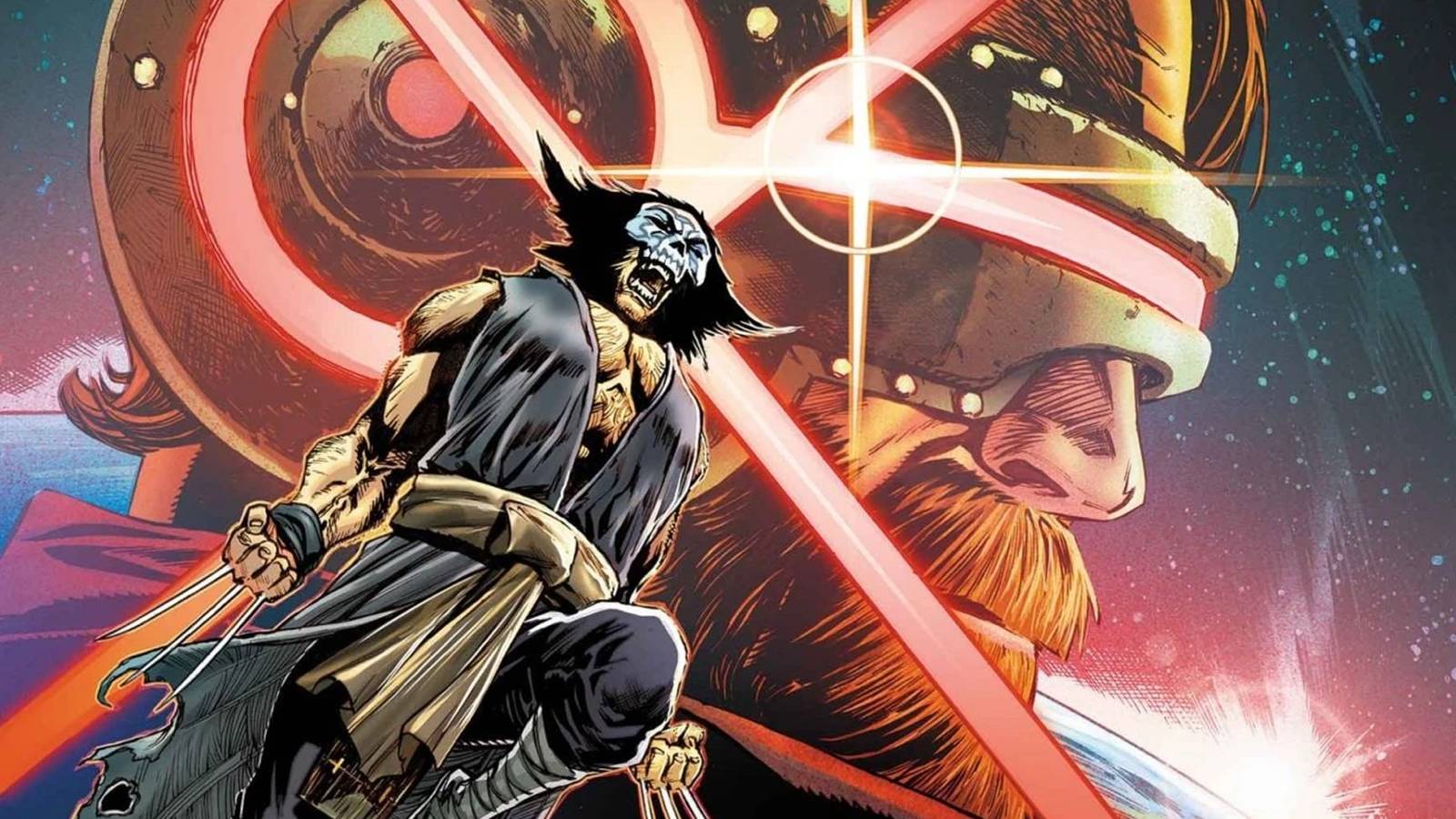


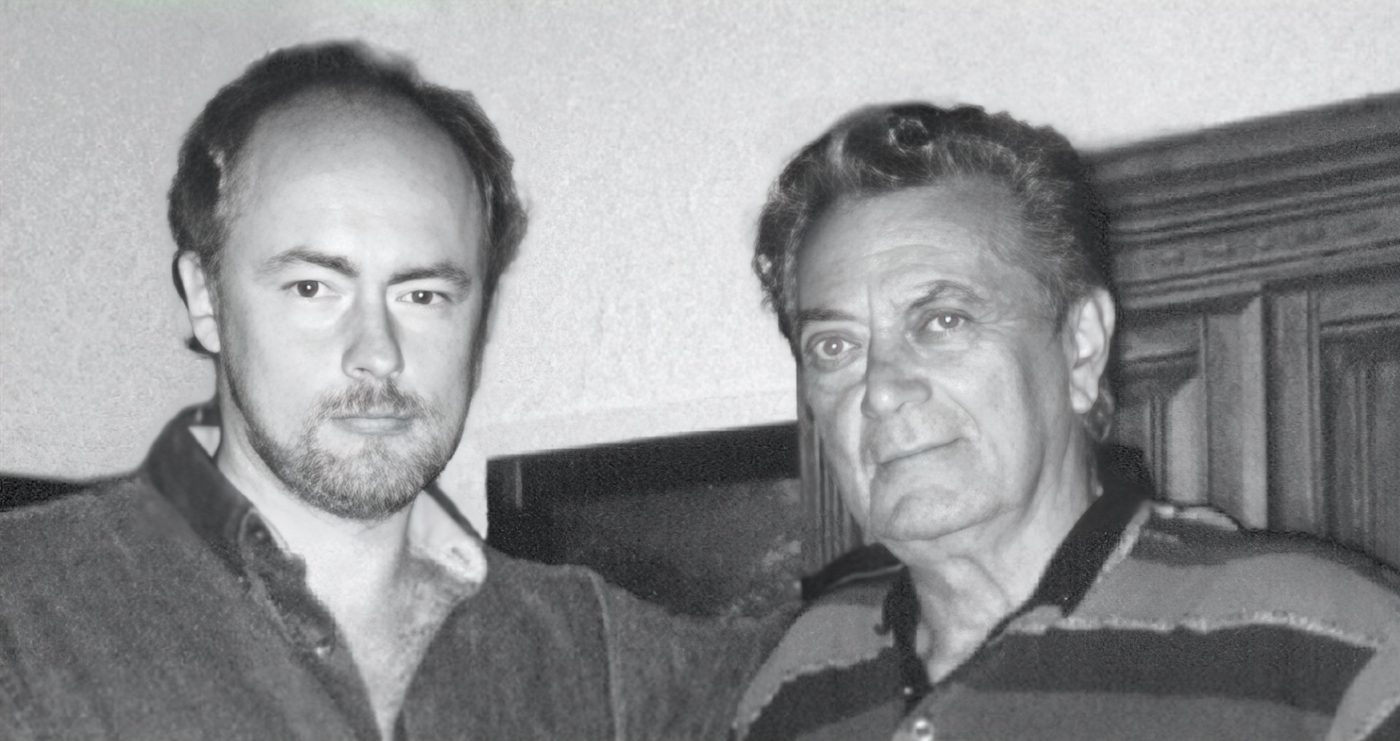



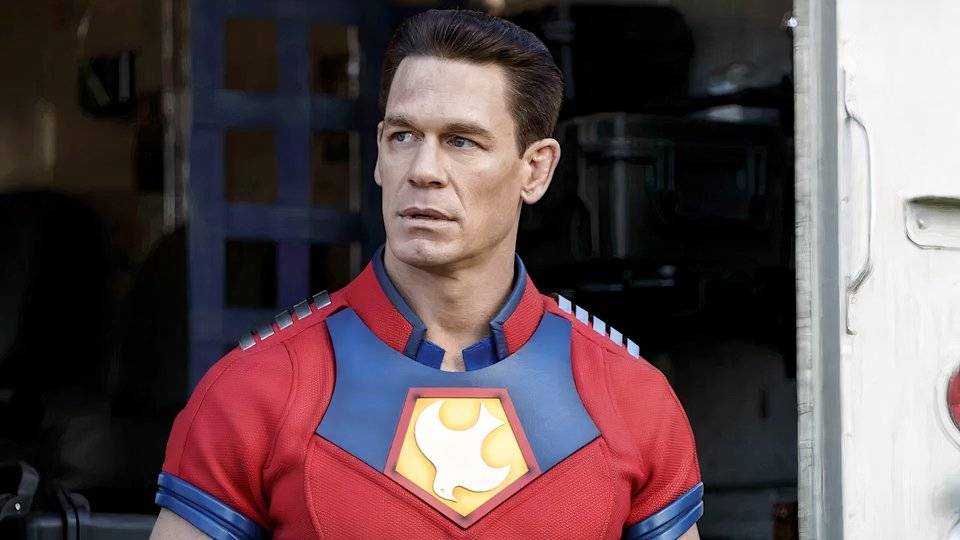


 English (US) ·
English (US) ·